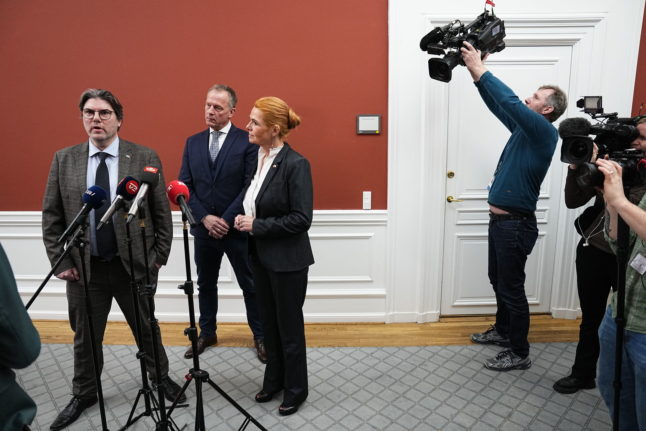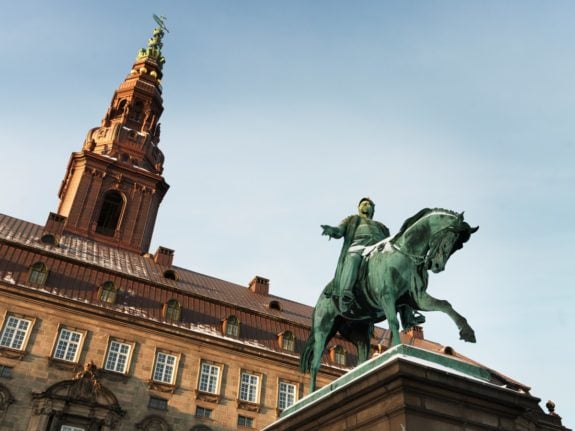Fuglede’s decision to switch parties means that the coalition government currently does not have a majority to guarantee it can pass domestic policy.
The now ex-Liberal MP announced in a statement posted on Facebook on Tuesday that he was switching to the Denmark Democrats, a party further to the right led by another former Liberal politician, the former immigration minister Inger Støjberg.
Fuglede said that he was against the centre-right Liberal party’s involvement in the coalition government alongside its traditional rivals the Social Democrats.
He also said that he was against the proposed tax on agricultural CO2 emissions, which is backed by the Liberals, a historically pro-agriculture party, as part of the coalition. The Denmark Democrats have been the most vocal opponents of the proposed CO2 tax.
“I was very much against participation in the government and many of the decisions that arose from it. I totally disagree with the latest decision to impose a CO2 tax on agriculture. And that decision will hit harder in West Jutland than anywhere else, which is why I am switching to the Denmark Democrats,” he wrote in the post, referencing the regional constituency which elected him to parliament in 2019.
Fuglede, a former Liberal defence spokesperson, has been considered one of the party’s more right-leaning MPs, notably on refugee policy. His new party leader, Støjberg, made her name as an immigration hardliner when she was a Liberal minister.
When the Liberals were in opposition in 2022, Fuglede spoke in favour of British nationals in Denmark whose ongoing residency rights were under threat as a result of administrative problems in relation to post-Brexit registrations.
The leader of the Liberal party and Deputy Prime Minister, Troels Lund Poulsen, said he did not believe Fuglede’s defection put the government under existential threat.
“I think we now need some ice in our veins. First and foremost, we have the backing – in the event of a vote of no confidence – from the North Atlantic mandates,” he said in comments to newswire Ritzau.
The North Atlantic mandates are the four parliamentary seats filled by representatives elected in Greenland and the Faroe Islands. Each of the four representatives are aligned with coalition parties but they do not generally vote on Danish domestic issues.
Another member of parliament, Kim Edberg, a former member of the far-right Nye Borgerlige, also announced on Tuesday that he had joined the Denmark Democrats. The party’s number of lawmakers thereby increased from 14 to 16.



 Please whitelist us to continue reading.
Please whitelist us to continue reading.
Member comments